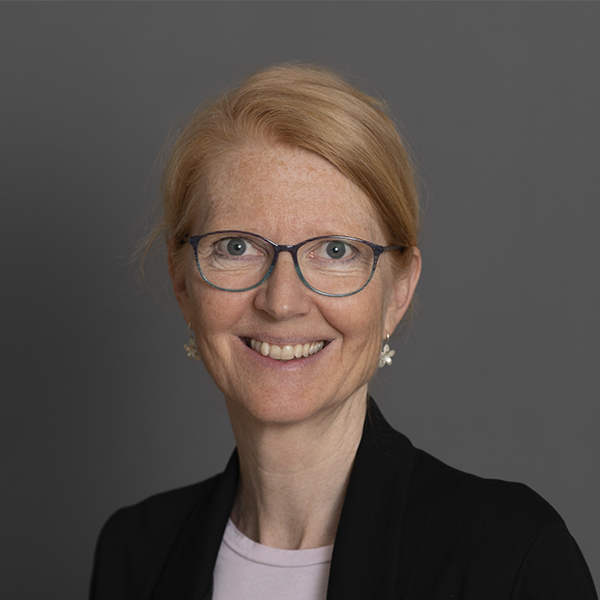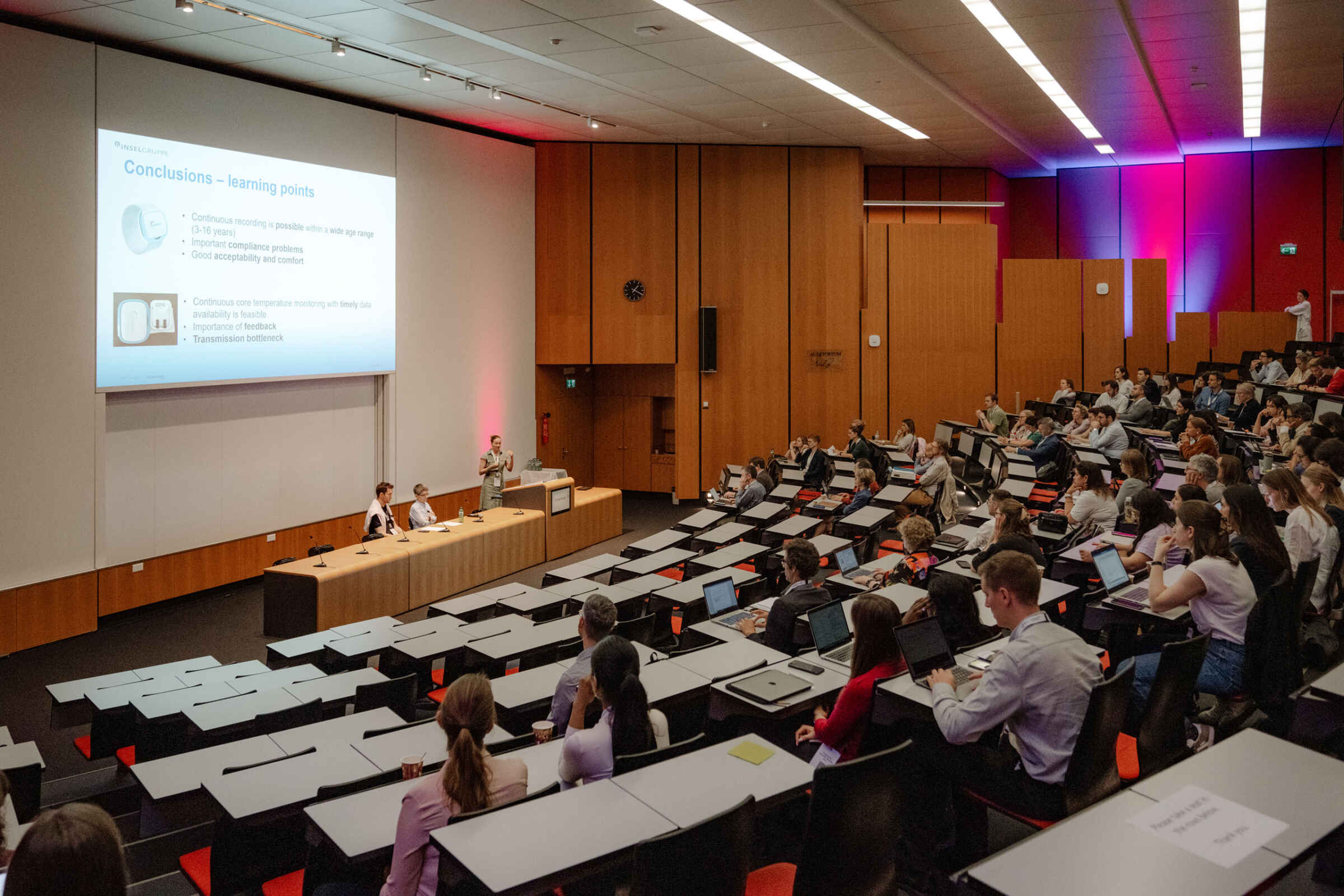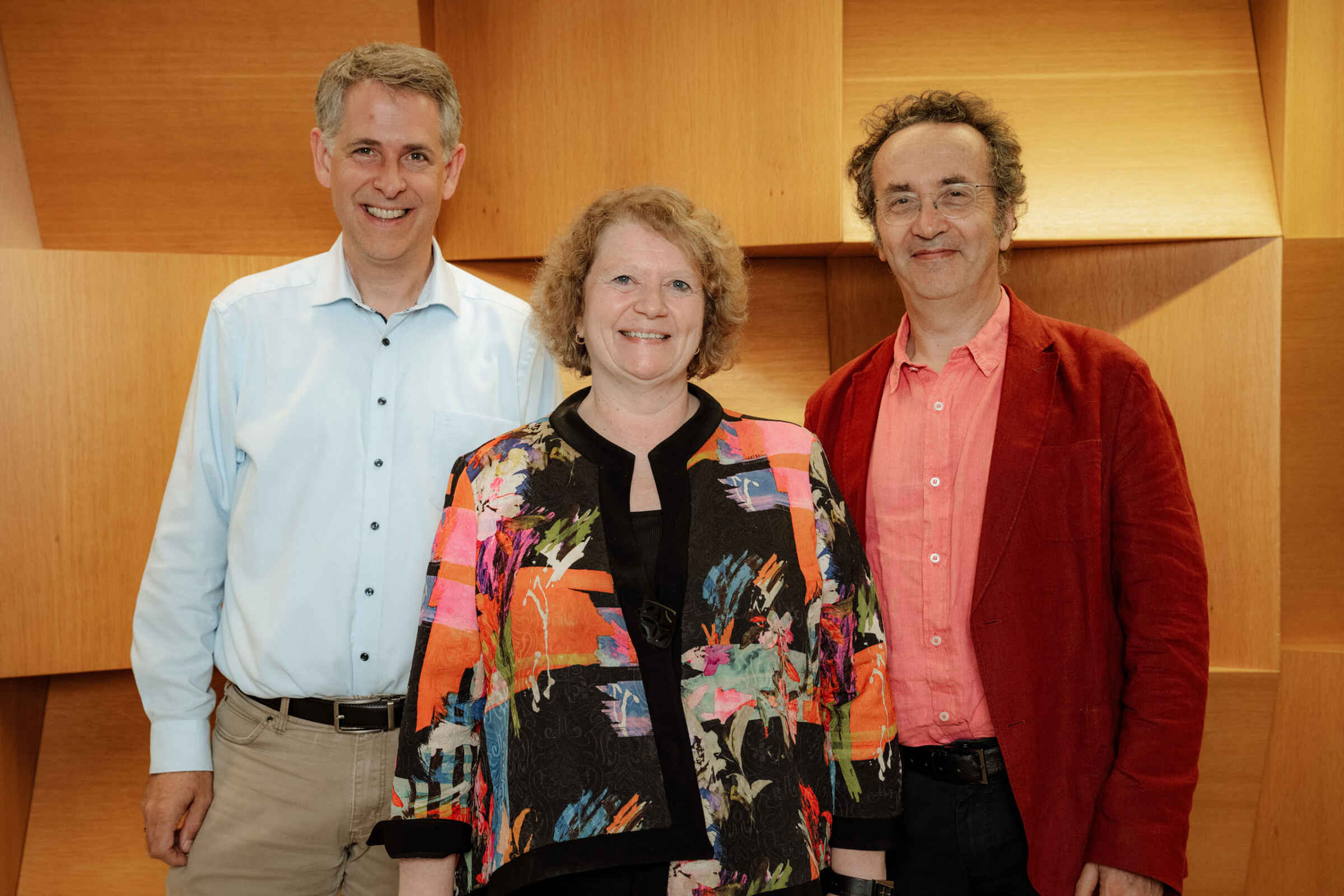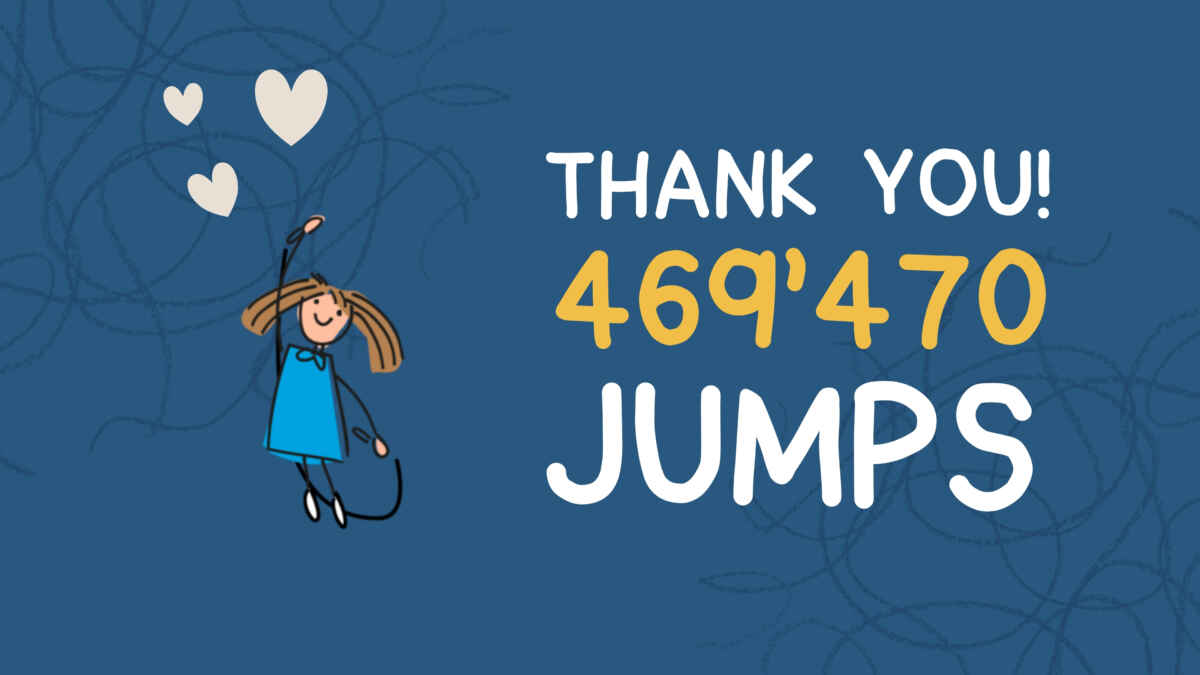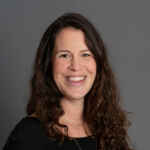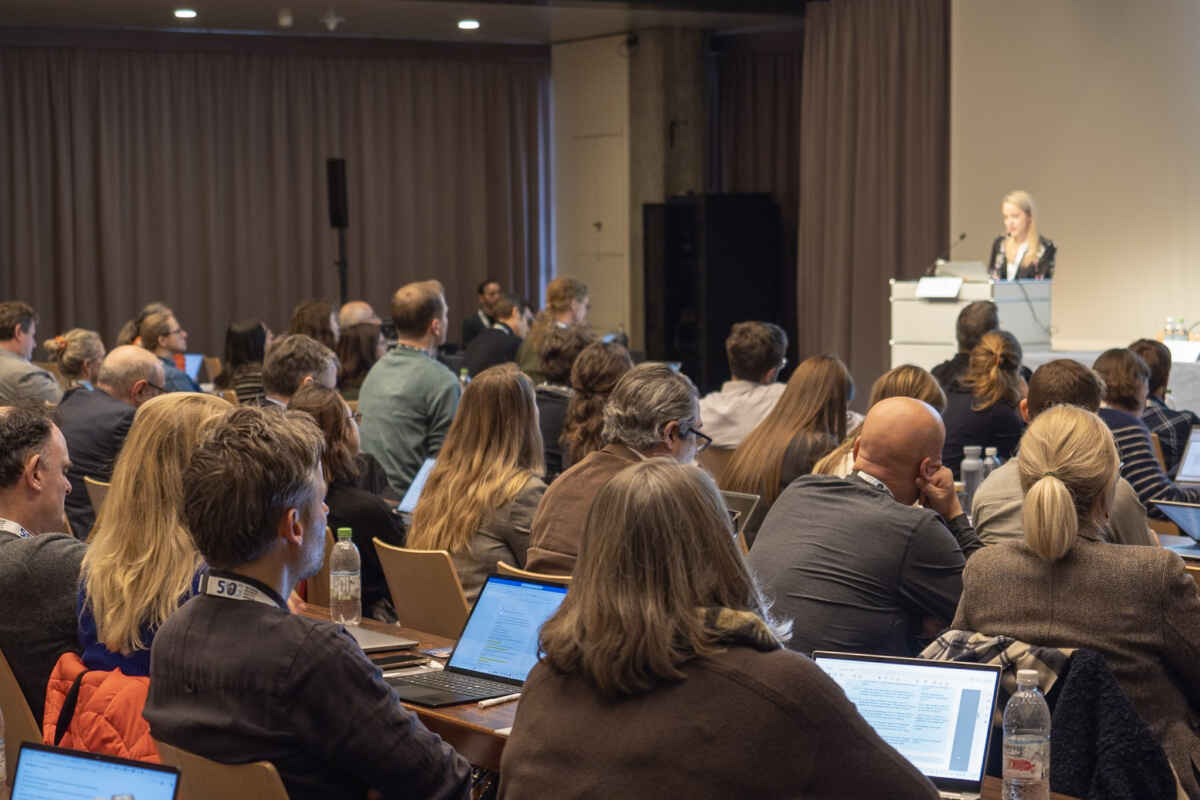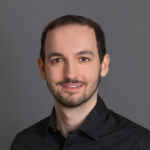The scientific meeting on childhood cancer was aimed at doctors and researchers as well as representatives of patient organisations and foundations. From the 25 abstracts submitted, the programme committee selected 16 for oral presentations; in addition, and for the first time, nine contributions were presented on posters. Around 90 participants attended the wide-ranging scientific programme at the Inselspital in Bern.
Insight into the projects of SPOG’s Young Investigators
One session was devoted to the researchers who received support from the SPOG Young Investigator Grant in 2021 and 2022. Four researchers presented their findings or projects, respectively, on the topics of early detection of potentially life-threatening infections with wearables (measuring devices worn on the body) in children during chemotherapy, aftercare of survivors in the family doctor model, restricted lung function in paediatric cancer patients, and the care of Ukrainian children with cancer in Switzerland.
Diverse research topics
Several presentations described findings from basic research into brain tumours. Today, new examination methods make it possible to analyse brain tumours in much greater detail at the cellular level. One session addressed the issue of survivorship, in which researchers presented studies on subjects such as the long-term effects of cancer treatment during childhood on hearing, the heart and the lungs.
From studies on psychological stress in people with haemophilia to the use of artificial intelligence to examine tumours (tumour segmentation), the presentations at the SPOG SSPHO Scientific Meeting covered an extremely diverse range of topics.
High-calibre keynote speeches
The highlights of the meeting were the keynote speeches given by the three members of the SPOG Scientific Advisory Board:
Prof. François Doz, paediatric oncologist at the Institut Curie in Paris, discussed the latest findings on retinoblastoma (cancer that develops in the retina in babies and infants).
Prof. Stefan Pfister, paediatric oncologist at the Hopp Childhood Cancer Centre in Heidelberg, spoke about the predictive value of preclinical substance testing.
Meanwhile, Prof. Angelika Eggert, paediatric oncologist at the Charité Universitätsmedizin Berlin, described the current and future treatment of relapsed neuroblastoma (cancer of the autonomic nervous system in the form of tumours in the abdomen or near the spinal cord) in her keynote speech.
Awards for the best presentations
Among the large number of contributions, the Scientific Advisory Board gave awards to two presentations: Fabio Steffen, a postdoctoral researcher at the University Children’s Hospital Zurich, won best presentation in the “best clinical research” category, while the prize in the “best basic research” category went to Maya El Natour, doctoral student at the University Hospital Lausanne CHUV.
